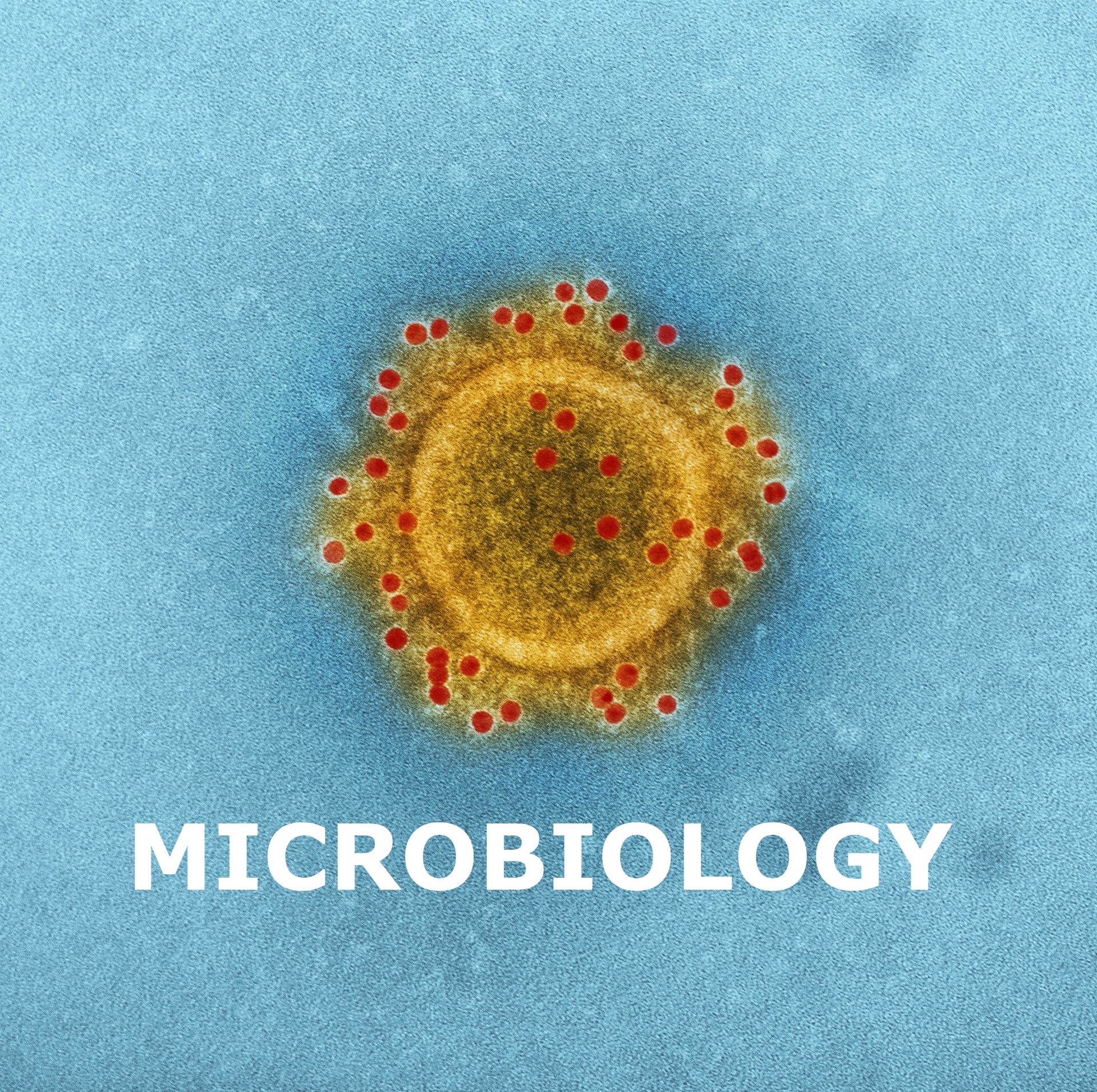In an era where technology and biology converge, microbiology emerges as a silent yet powerful force driving innovation and efficiency in various industrial sectors. This branch of science, dedicated to the study of microorganisms, has transcended academic curiosity to become a cornerstone of industrial processes. From pharmaceuticals to food production, environmental management to bioenergy, the applications of microbiology in industry are vast and varied. This blog delves into the crucial role microbiology plays across different industries, illustrating how these microscopic entities have become an indispensable part of our daily lives and industrial progress.
- Revolutionizing the Pharmaceutical Industry–
Microbiology has a profound impact on the pharmaceutical industry. Antibiotics, the first line of defense against bacterial infections, are perhaps the most well-known products of microbial technology. The discovery of penicillin by Alexander Fleming in 1928 was a watershed moment, heralding an era where bacterial diseases could be effectively combated. Today, microbiologists work tirelessly to discover new antibiotics, understanding microbial genetics and biochemistry to overcome the growing challenge of antibiotic resistance.
Beyond antibiotics, microbes are used to produce a range of pharmaceuticals, including insulin for diabetes management, synthesized through recombinant DNA technology in bacteria. Vaccines are another critical area where microbiology plays a pivotal role, with cultures of microorganisms used to develop vaccines against viruses, including the flu, hepatitis, and more recently, COVID-19.
- Fueling the Biotechnology Revolution –
Biotechnology is an industry born out of the marriage between biology and technology, with microbiology at its heart. Microorganisms are the workhorses in this sector, engineered to produce enzymes, vitamins, and other bioactive compounds. For instance, the enzyme Taq polymerase, derived from the bacterium Thermus aquaticus, revolutionized molecular biology by enabling PCR (Polymerase Chain Reaction), a fundamental technique for DNA cloning, sequencing, and diagnosis.
In genetic engineering, microorganisms are modified to produce human proteins, such as insulin or growth hormones, offering a sustainable and scalable method of production that animal models or synthetic chemistry cannot achieve. The precision and efficiency of microbial systems, coupled with advances in genetic engineering, continue to open new possibilities in drug development, agricultural biotechnology, and other fields. Microbiology plays both a traditional and innovative role in the food and beverage industry. Fermentation, one of the oldest biotechnological processes, relies on microorganisms to produce bread, cheese, yogurt, wine, and beer, among other products. These fermentation processes not only preserve foods but also enhance their nutritional value and flavor.
Moreover, microbiology ensures food safety by detecting and controlling pathogenic microorganisms, preventing foodborne illnesses. Advanced microbial testing methods, including rapid molecular diagnostics, are crucial for monitoring and maintaining the safety and quality of food products. Additionally, probiotics—beneficial bacteria that confer health benefits—are a growing segment in the food industry, supported by research into the human microbiome and its influence on health.
- Advancing Environmental Management and Sustainability –
In environmental management, microbiology provides solutions for pollution control and sustainability. Microbes are employed in bioremediation to degrade pollutants, including oil spills, heavy metals, and toxic chemicals, in contaminated soils and water bodies. This biological approach to pollution cleanup is eco-friendly and often more effective than physical or chemical methods.
The role of microbiology in waste management is noteworthy. Anaerobic digestion, a process facilitated by microbes, converts organic waste into biogas, which is a renewable energy source. Composting transforms organic waste into nutrient-rich soil amendments, which can be used to improve soil quality. These microbial processes not only reduce waste but also contribute to a circular economy by converting waste into valuable resources.
- Powering the Bioenergy Sector –
Microbiological research significantly benefits the bioenergy sector. Microorganisms are used to produce biofuels, such as bioethanol and biodiesel, which offer alternatives to fossil fuels. For example, algae are cultivated to produce biodiesel, while certain bacteria and yeasts ferment biomass to produce bioethanol, which can be used as a fuel. These biofuels are renewable, less polluting, and their production can be scaled to meet energy demands without competing with food crops for arable land. This addresses both environmental and economic challenges.
- Pioneering in the Textile and Chemical Industries –
The influence of microbiology extends to the textile and chemical industries through the development of bio-based materials and chemicals. Microbes produce biopolymers, such as xanthan gum and polylactic acid, used in various applications, from biodegradable plastics to textiles. Enzymes derived from microorganisms are used in the textile industry for bio-scouring, bio-bleaching, and to enhance fabric softness and durability, thereby reducing the environmental impact of chemical treatments.
In the chemical industry, microbial metabolic pathways are utilized to synthesize organic acids, alcohols, and solvents. These bio-based chemicals are more sustainable and often have a lower carbon footprint than their petroleum-derived counterparts, aligning with global efforts towards green chemistry and sustainability.
The role of microbiology in industry is expansive and transformative, touching virtually every aspect of modern life. Through the harnessing of microbial processes, industries not only achieve greater efficiencies and innovations but also contribute to a more sustainable and environmentally friendly future. As we face global challenges such as climate change, antibiotic resistance, and the need for sustainable energy sources, the significance of microbiology in industrial applications has never been more apparent. It’s a testament to the power and potential of the microscopic world, demonstrating that even the smallest organisms can drive significant changes in society and industry. With ongoing research and technological advances, the role of microbiology in industry will undoubtedly continue to expand, offering new solutions and opportunities for a better future.
Author: Miss. Himanshi,
Assisstant professor, SoLST.

